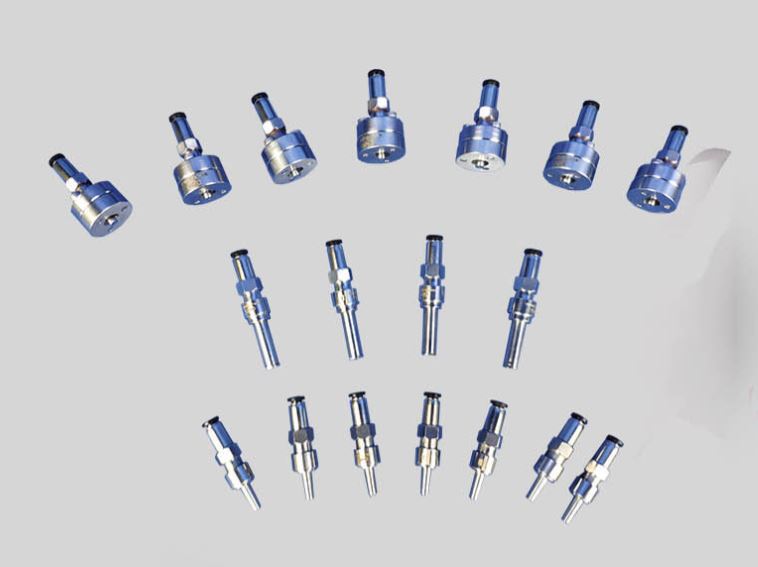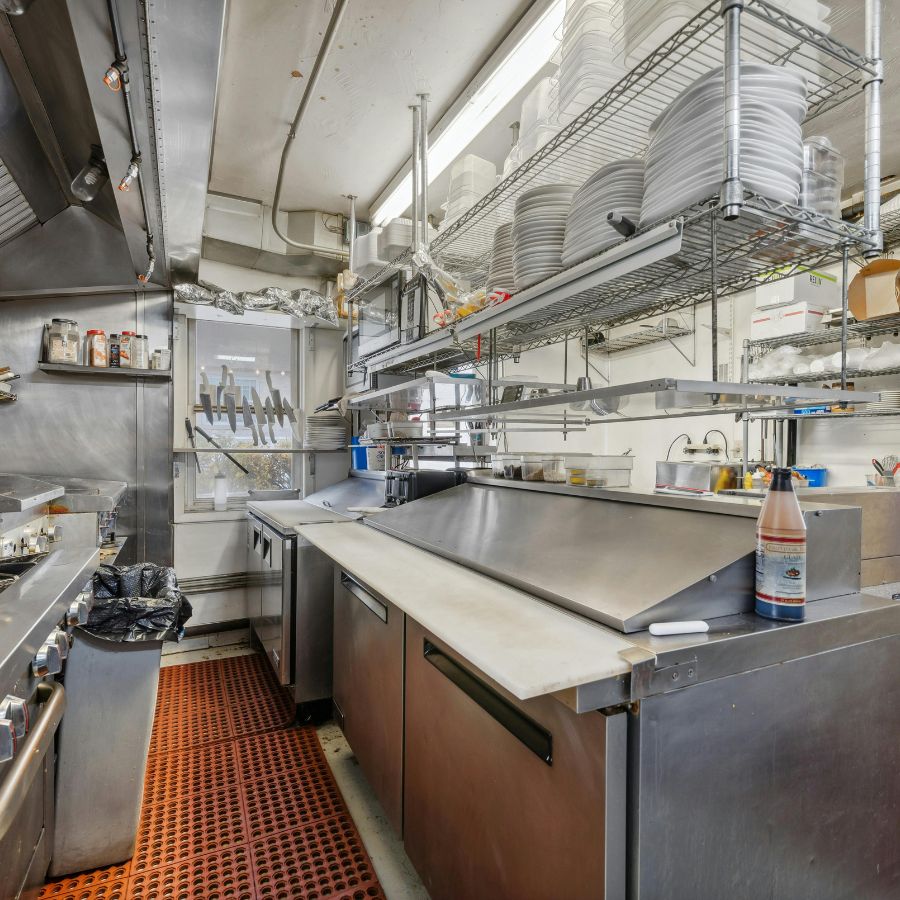When you go to the doctor’s office or a hospital, have you ever wondered about all those machines and tools they use? From checking your blood pressure to taking a scan of your body, medical test equipment plays a major role in helping healthcare professionals figure out what’s going on inside you. These tools help diagnose illnesses, monitor health conditions, and even prevent problems before they get worse.
In this blog, we’ll explore what medical test equipment is, how it helps, and why understanding it can give you peace of mind during your visits to the clinic or hospital. We’ll keep things simple and clear, so even if you have no medical background, you’ll still walk away feeling informed and confident.
What is Medical Test Equipment?
Medical test equipment refers to the machines, devices, and tools used by doctors, nurses, and lab technicians to check your health. This includes everything from basic tools like thermometers to advanced machines like MRI scanners.
Think of medical test equipment like a mechanic’s toolkit, but for your body. Just like a mechanic checks your car to find out what’s wrong, healthcare providers use these tools to “look under the hood” and figure out what’s happening inside your body.
Why is Medical Test Equipment Important?
-
Accurate Diagnosis
Imagine trying to fix a car without knowing what part is broken. The same idea applies to healthcare. Medical test equipment helps doctors find the exact cause of your symptoms, which leads to better treatment. -
Early Detection
Some diseases don’t show obvious symptoms at first. For example, high blood pressure or diabetes may not make you feel sick right away. But with regular testing using medical test equipment, these conditions can be found early, which means they’re easier to manage. -
Monitoring Progress
If you’re already being treated for a condition, medical test equipment helps track whether your treatment is working. For instance, a blood glucose monitor tells a diabetic patient if their blood sugar is under control. -
Safety and Prevention
In some cases, these tools are used to prevent illness. For example, screening tests can detect problems before they become serious, such as using a colonoscopy to catch early signs of colon cancer.
Common Types of Medical Test Equipment
Let’s take a look at some equipment you may have already seen or experienced:
-
Thermometers
Used to check body temperature. They can help detect fevers, which are often a sign of infection. -
Blood Pressure Monitors
These cuff devices wrap around your arm and measure how hard your heart is working. High or low pressure readings can signal health concerns. -
Blood Glucose Meters
Commonly used by people with diabetes to check their blood sugar levels. -
X-ray and MRI Machines
These machines take pictures of your bones, muscles, and organs. They’re helpful for spotting broken bones, tumors, or internal injuries. -
Ultrasound Machines
Often used during pregnancy, but also useful for checking organs like the liver or kidneys. -
EKG (Electrocardiogram) Machines
These test the electrical activity of your heart and help detect heart problems.
All of these are examples of medical test equipment, and each one serves a unique purpose in checking and protecting your health.
How to Feel Comfortable Around Medical Test Equipment
It’s perfectly normal to feel nervous around unfamiliar medical devices. But knowing what they do can help you feel more at ease. Here are a few tips:
-
Ask Questions
Don’t be afraid to ask your doctor or nurse what a particular machine does. Most professionals are happy to explain. -
Stay Still, Stay Calm
Many machines work best when you’re relaxed. If you feel anxious, try deep breathing or focusing on something calming. -
Remember It’s for Your Health
Even if a test feels uncomfortable, it’s there to help you. The results can give you and your doctor important information that improves your care.
Where Can You Find Medical Test Equipment?
Medical test equipment is not just limited to hospitals. You can find it in:
-
Local clinics
-
Mobile health centers
-
Home healthcare setups (for people managing long-term illnesses)
-
Diagnostic labs
In recent years, more people are even using personal medical test equipment at home—like digital blood pressure monitors or fitness trackers that monitor heart rate.
Final Thoughts
Medical test equipment is all around us, often working quietly behind the scenes to keep us safe and healthy. Whether it’s a simple check-up or a more complex procedure, these tools are essential in guiding doctors toward the best care for you. Understanding what they do can take away much of the fear or confusion people feel during medical visits.
Next time you see a machine in the exam room, remember: it’s just one more way modern healthcare is working to help you feel your best.





